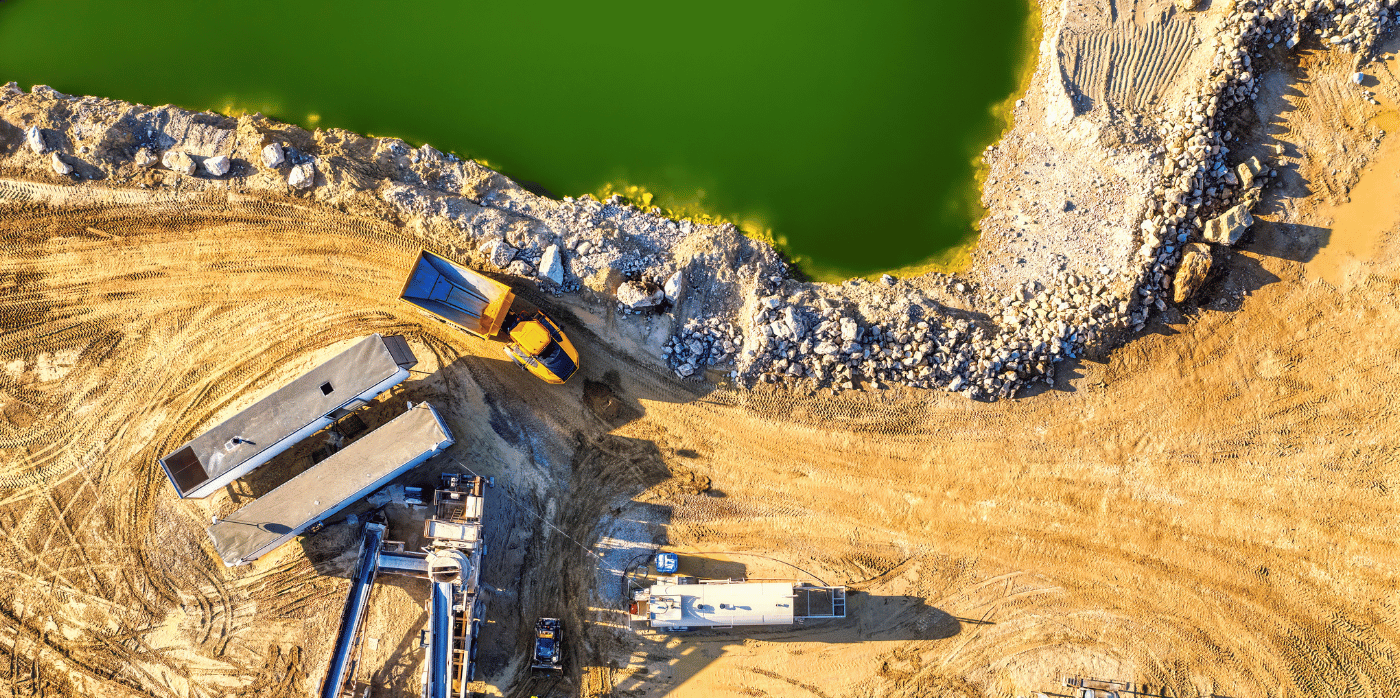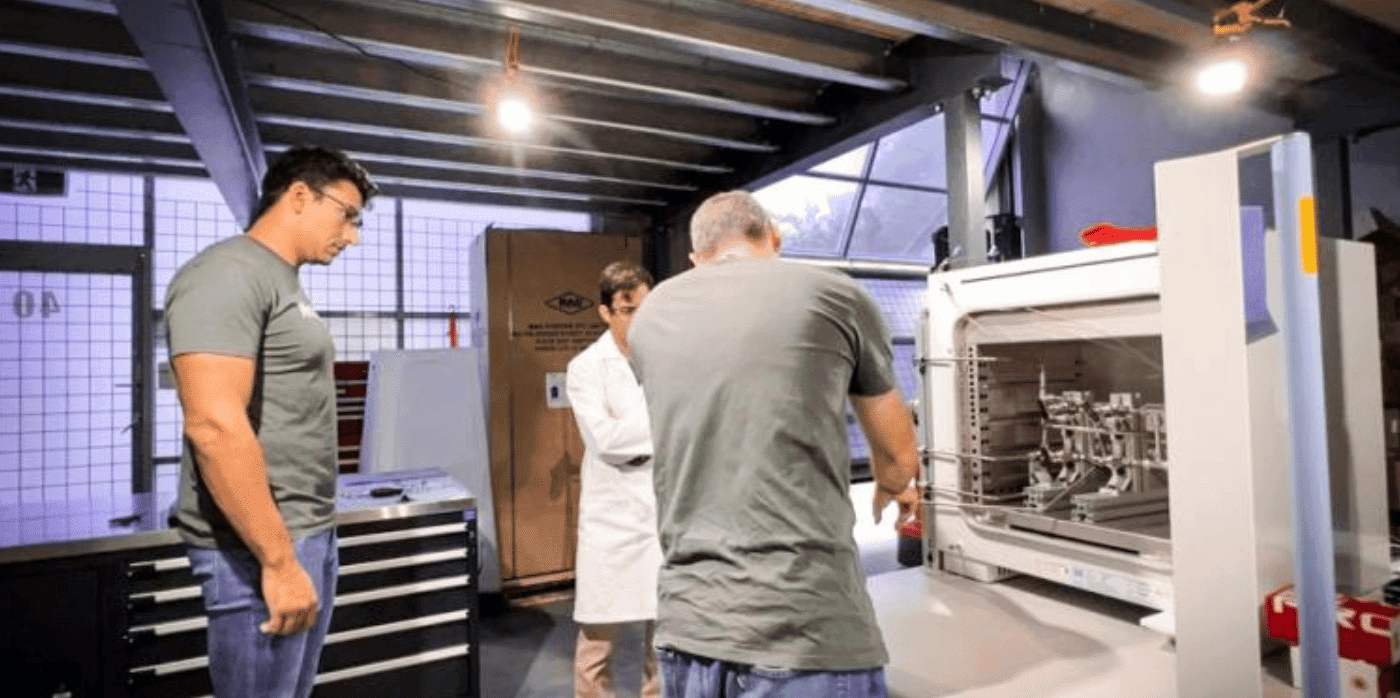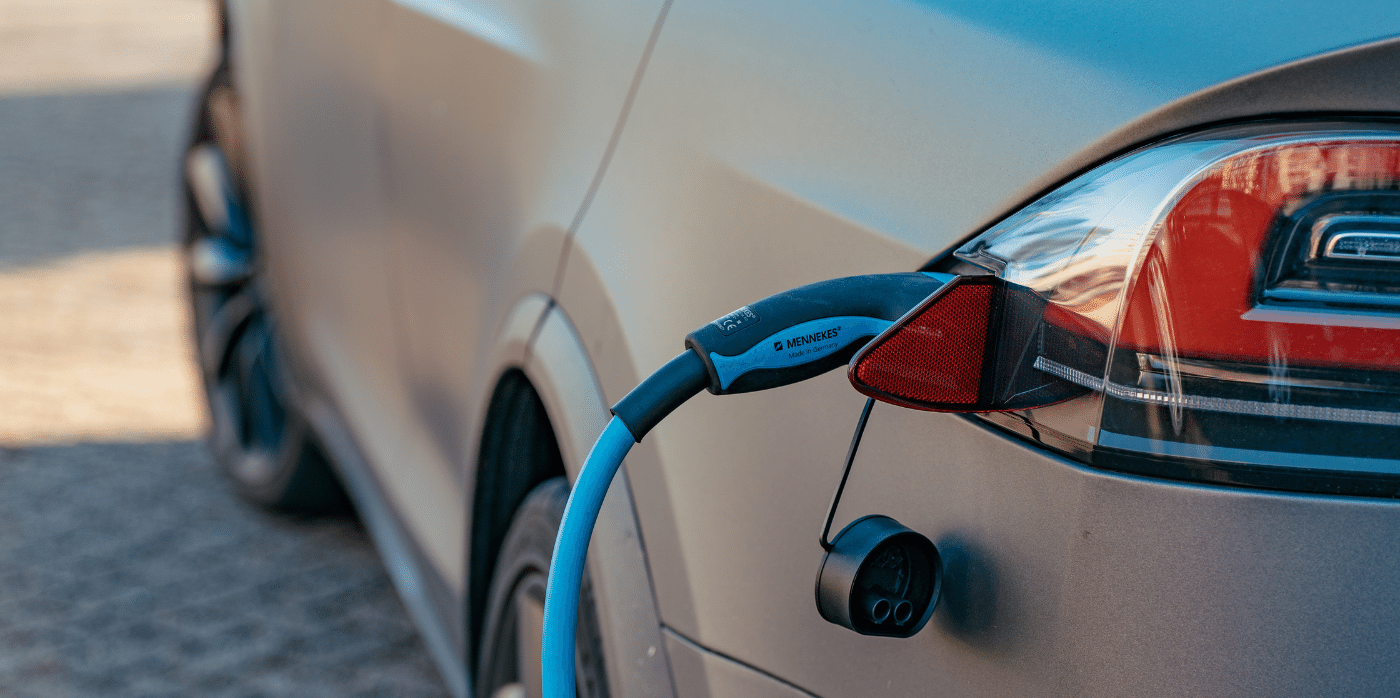Bio-mining lithium with microbes for greener extraction

Spotted: Lithium is an essential mineral with a variety of applications, including in the production of electric vehicle batteries. However, mining the element is carbon intensive – generating 15 tonnes of CO2 for every tonne of mined lithium. So, even though lithium is playing a key role in the green energy transition, the sizeable impact of its production raises questions about its sustainability over the longer term. This is where startup BioMetallum comes in.
The Argentinian company hopes to meet the increasing demand for lithium, without the accompanying environmental cost. Instead of using a highly chemical-intensive process, BioMetallum’s system, called Lithium BioX, relies on biotechnology and microorganisms to extract useful metals like lithium from brine, even when the brine has low concentrations of such metals.
The bacteria act as a kind of biomagnet in the brine, absorbing the lithium into a biofilm that retains the minerals ready for extraction. After testing hundreds of bacteria, the team carefully selected those that had desirable qualities, such as brine resistance, and manipulated them to enhance their lithium-absorbing abilities. Because the method doesn’t use harsh chemicals, it means other elements in the brine, like potassium, can also be retrieved.
Unlike current methods, which can take a year and a half to extract the desired elements from evaporation ponds, BioMetallum’s technique takes a matter of weeks. Needing only five per cent of the land currently required, and achieving a lithium recovery rate over 90 per cent, Lithium BioX helps to make lithium production much more efficient and economically viable. And, the method of extraction also allows the brine to be returned after use, without producing any toxic chemicals or waste.
BioMetallum has also turned its attention to used Li-ion batteries, with its circular Lithium BioR biotechnological process that uses the same principles to enable the complete recovery of lithium from spent batteries.
Sourcing and retrieving precious minerals is crucial for the transition to green technologies. Springwise has also spotted this AI that aids in the locating of minerals like lithium as well as this lower-impact and cheaper lithium extraction method.
Written By: Archie Cox and Matilda Cox




